Presented to the People of Israel
By
The United Mashadi Jewish Community of America
Great Neck, NY
We did it !
Thanks to the combined efforts of the Israel & Zionism Committee, the Mashadi Youth Committee, the Mashadi Sisterhood, 2013 Bar Mitzvah Boys as well as many other community volunteers, we have raised $100,000 to fund an ambulance in Israel.
We did it again! The community showed that through unity we can complete any goal we set out. A big portion of the funds were raised from the community wide basketball tournament. Men and women of all ages came together to compete in a very exciting series of basketball games that ended with a “celebrity” basketball finals game mixing up the winning team of the tournament and current & previous Central Board members and community servants.
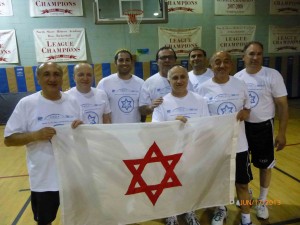
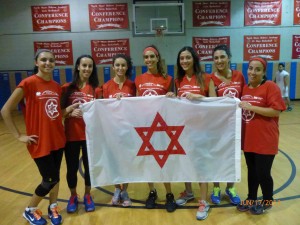
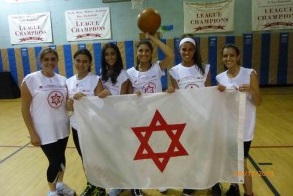
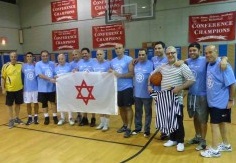
The ambulance will serve many years saving lives and hopefully helping the deliveries of many babies around Israel. Afterwards it will spend the rest of its useful life providing medical care in a kibbutz.
The actual ambulance we have purchased is built right here in the USA. It will leave the US on a ship to Haifa later on this year. On its way to the ocean liner it will be delivered to us to display in our own Shaare Shalom Parking lot on Sunday October 6th where it will be dedicated to Magen David Adom in Israel.
Save the date
and bring all your kids.
Magen David Adom Ambulance dedication day: Sunday October 6th 2013.
Magen David Adom (MDA) provides a rapid and skilled emergency medical response, including disaster, ambulance, and blood services, to more than half a million Israelis each year. When you make a charitable gift to support MDA, you’re helping save lives and perform miraculous rescues every day.
MDA’s work is mandated by the Israeli government, but it’s not government-funded. MDA relies on donors to ensure dispatch centers are equipped with the latest communications technology, ambulances are stocked with cutting-edge lifesaving equipment, and paramedics have the most up-to-date training.
A joint project of the Mashadi Youth Committee & The Israel & Zionism Committee of the UMJCA.
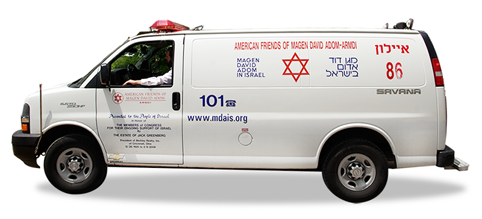
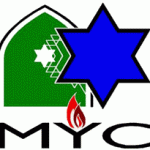
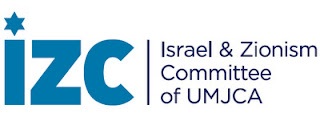
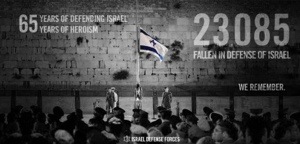
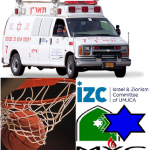
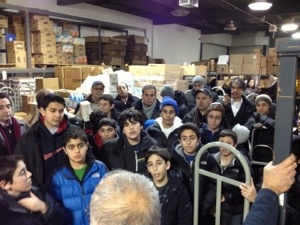
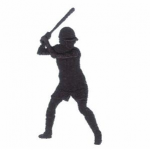
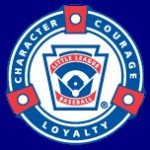
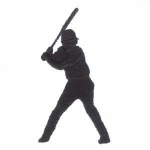
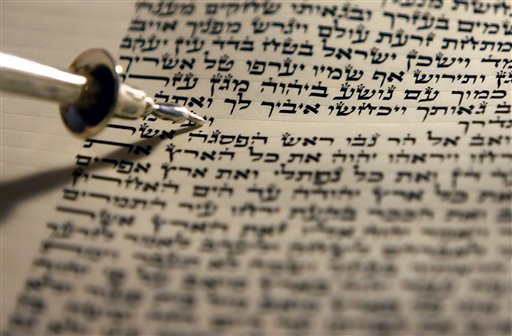
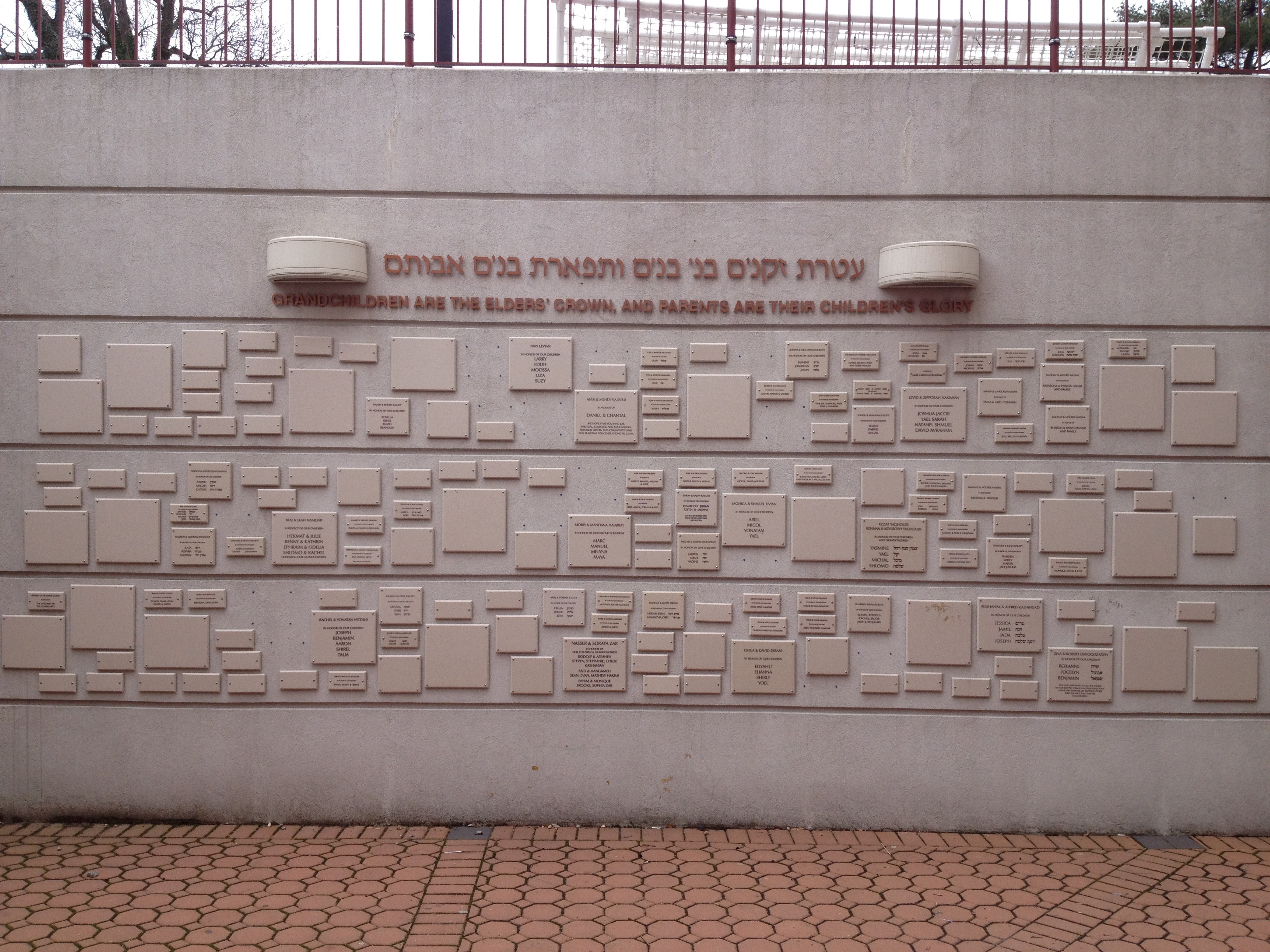

You must be logged in to post a comment.